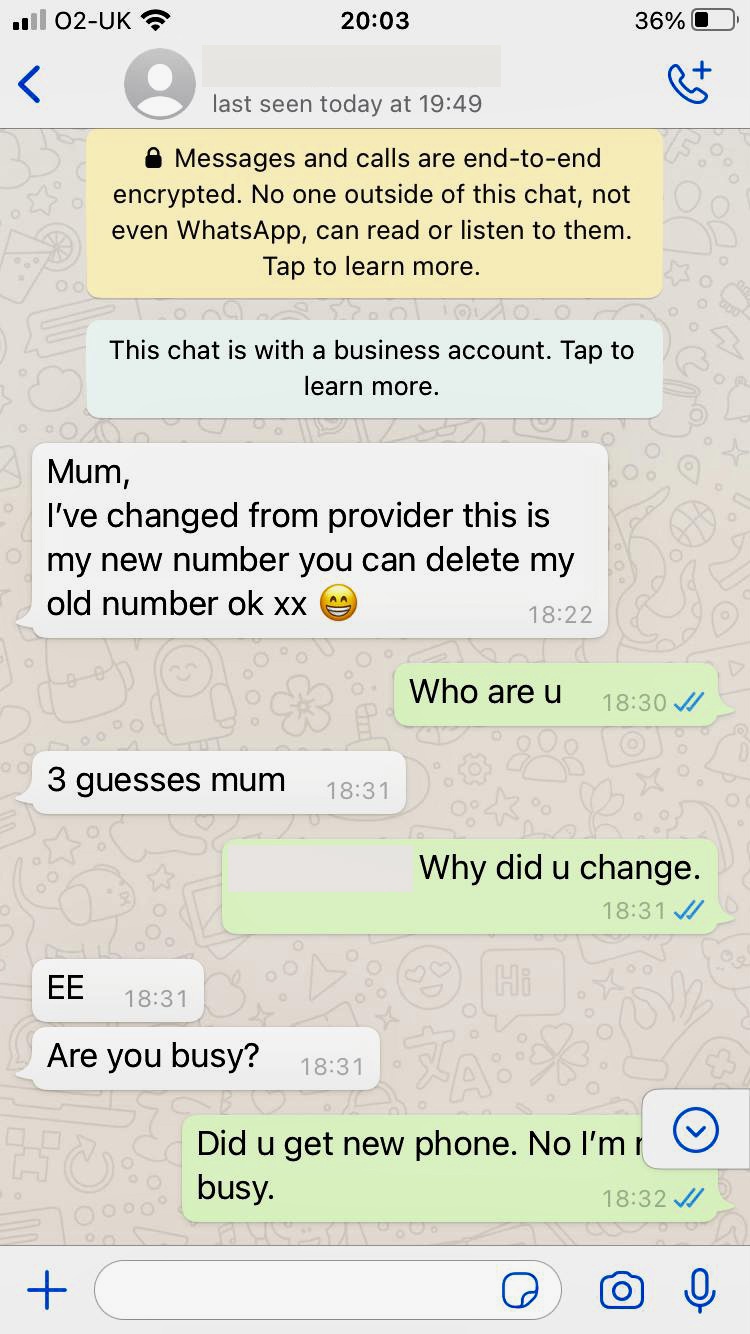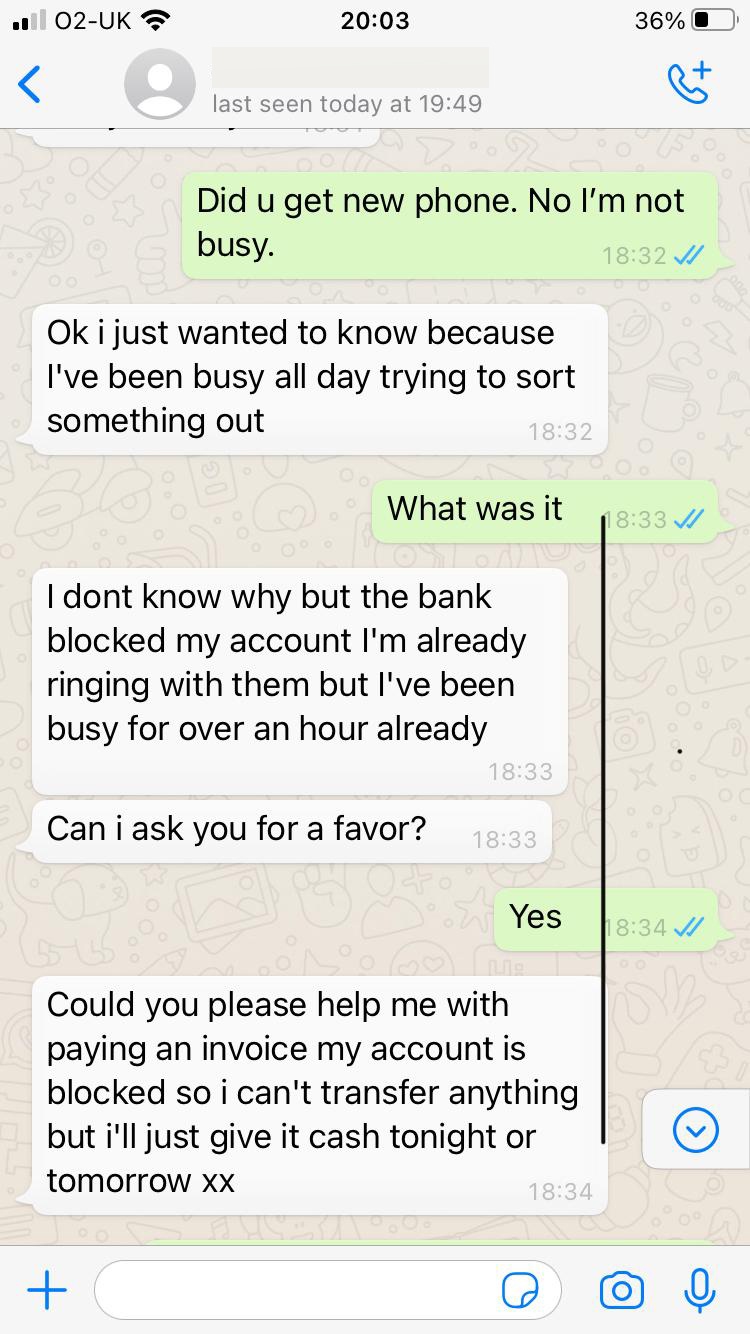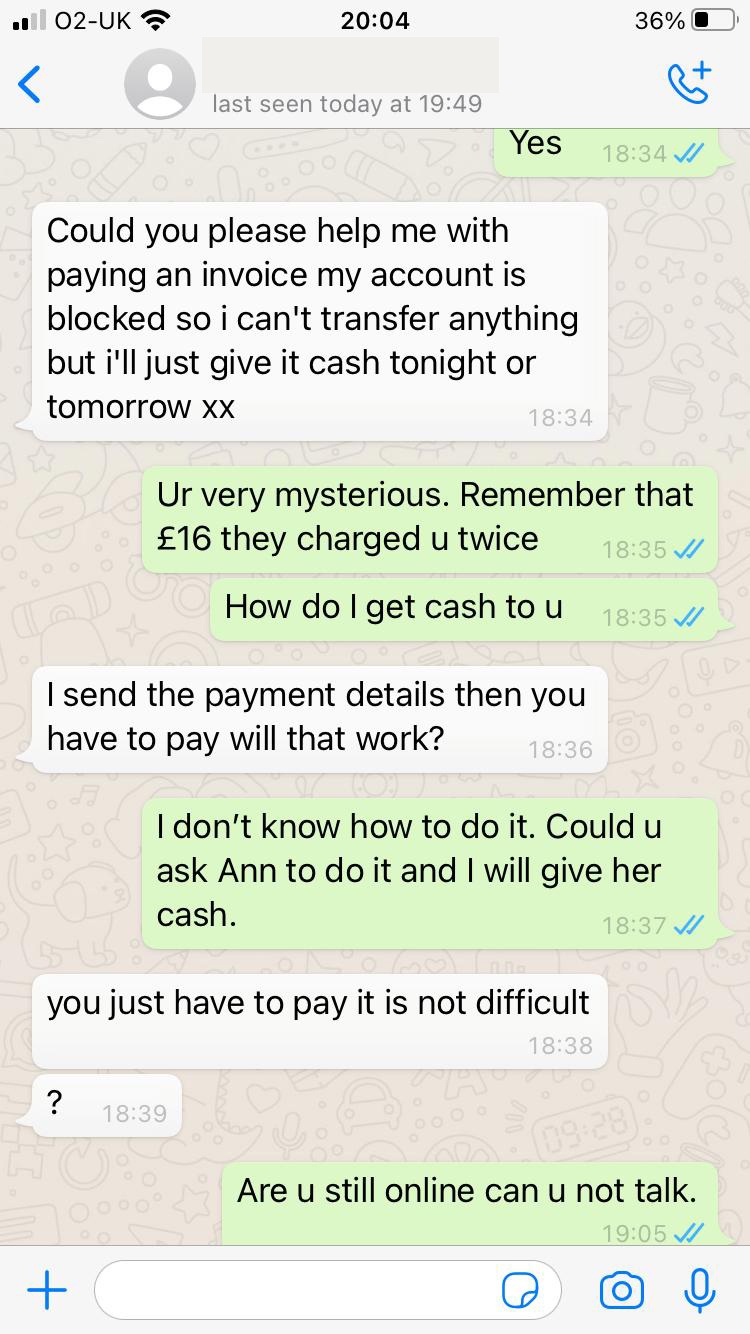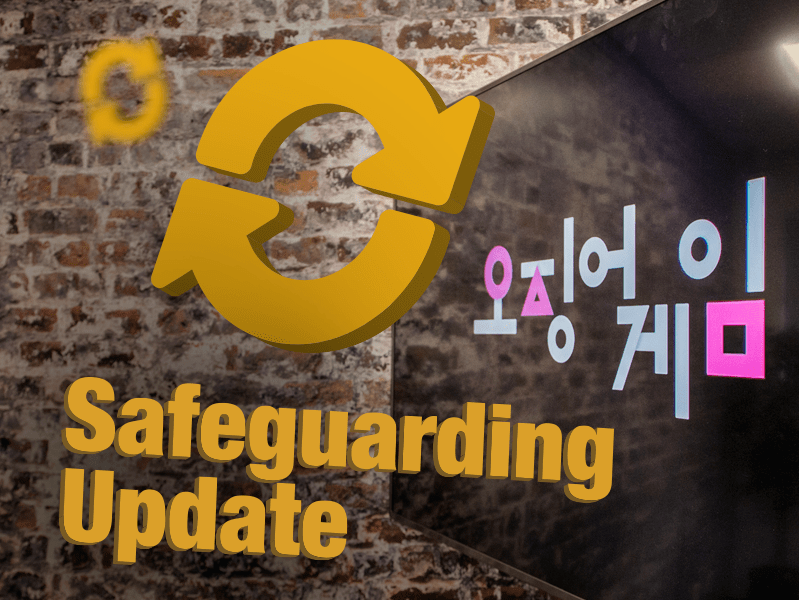Last Updated on 1st February 2022
Police in Northern Ireland issued a warning last year following a surge of reports about a WhatsApp scam targeting victims across the region. This scam involves a scammer pretending to be a child or relative asking their loved ones for money via a WhatsApp message.



Join our Safeguarding Hub Newsletter Network
Members of our network receive weekly updates on the trends, risks and threats to children and young people online.








